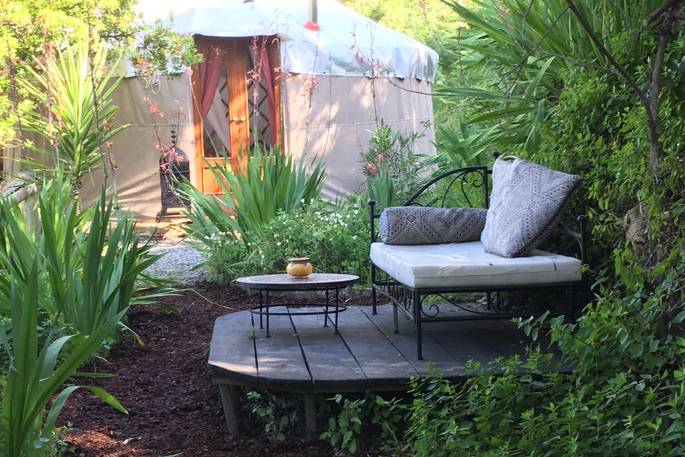Deputy Ministry of Tourism Aims to Enhance Local Hospitality and Encourage Organized Camping
In a bid to elevate the hospitality sector, the Deputy Ministry of Tourism is actively working on improving the quality of local hotels and entertainment venues. This enhancement includes not only the structural aspects but also the level of service provided to guests. The Ministry’s commitment to excellence is evident in its rigorous efforts to refine the existing infrastructure and customer experience.
Simultaneously, the Ministry is fostering the development of organized camping, advocating for the establishment of campsites in non-residential, wooded areas or those planned for afforestation by developers. These campsites are expected to comply with a set of stringent requirements, such as sewage treatment facilities, electricity, public services, parking, secure fencing, and gated security.
The concept of adventure holidays is gaining traction, with various projects popping up globally in remote locations like Ghana, Kenya, South Africa, Jordan, and even at the North Pole. In Cyprus, similar accommodations have been spotted at Governor’s beach, Troodos square, near Trooditissa Monastery, and in Polis near Latchi. However, these sites have developed haphazardly and often fall short of expectations.
Concerns have been raised about the potential ecological impact of these tourist campsites. Areas rich in natural beauty, such as the Troodos region and olive and carob plantations in Pissouri, Pachna, and Lofou, may be at risk of deforestation and environmental degradation. Coastal regions are also under threat, with possible developments near Kiti-Mazotos in Larnaca and Chlorakas-Peyia in Paphos.
Local youth have traditionally used camping for all-night parties, occasionally leading to crime and bush fires. To mitigate these risks and preserve the environment, additional requirements have been proposed, including a minimum site area of 130,000 square meters, maintenance of existing vegetation, on-site fire protection crews, a bank guarantee for environmental damages, and private security.
Despite these measures, there remains skepticism about the viability of such developments. Alternatives that combine tourism with local culture and nature without the need for extensive infrastructure are being considered. For example, hotel-based activities like cooking sessions, donkey trips, and winery visits offer immersive experiences without the environmental toll of new campsite developments.
For more information on real estate and property consultancy services, visit www.aloizou.com.cy or contact Antonis Loizou & Associates EPE via email at [email protected].






